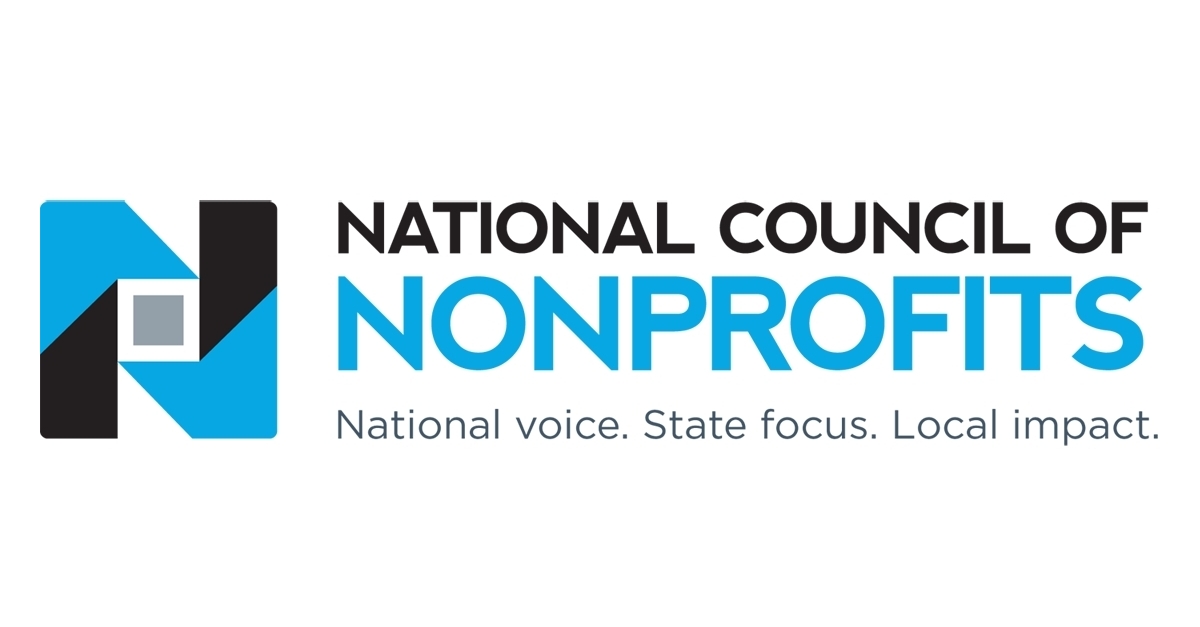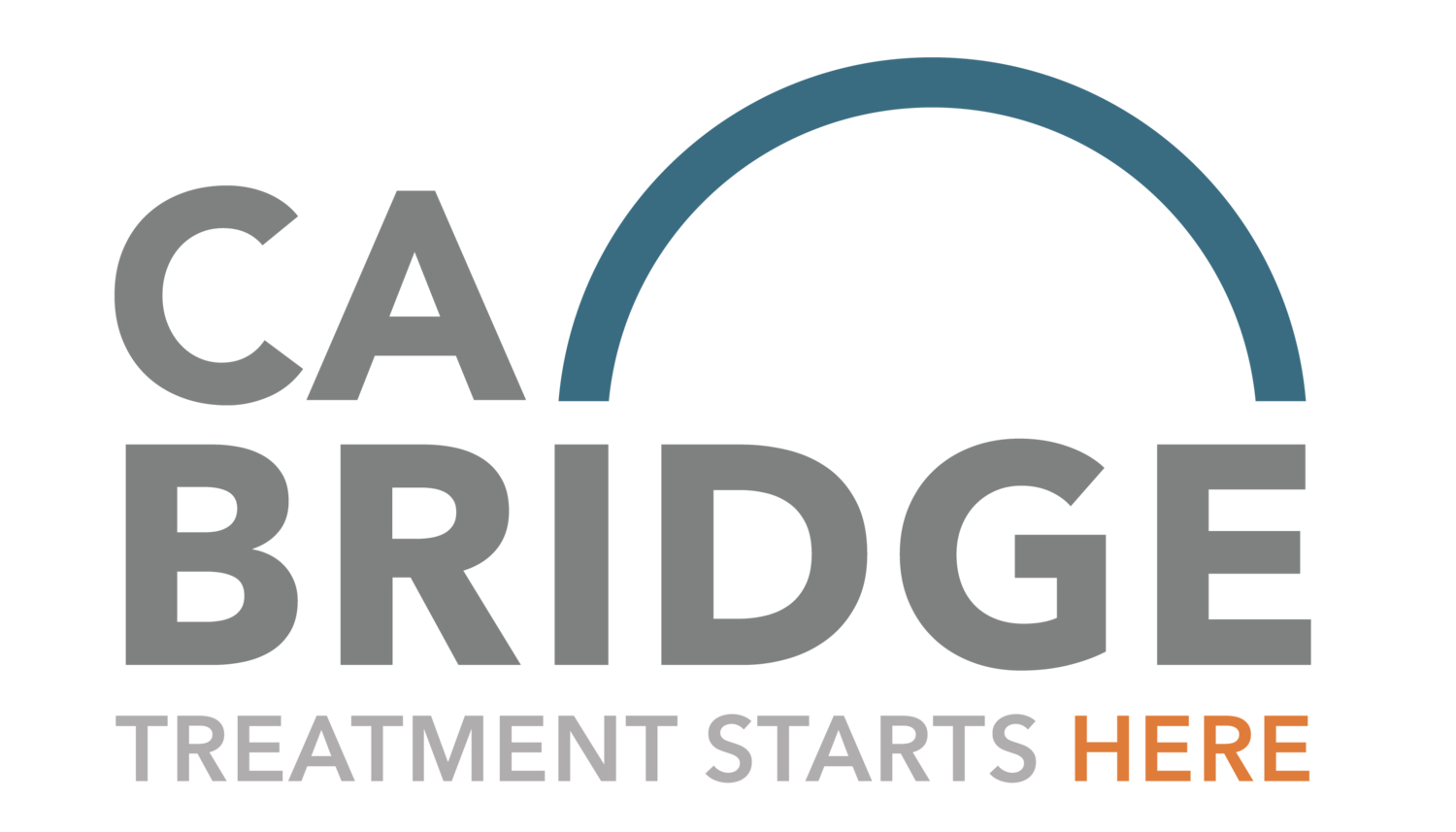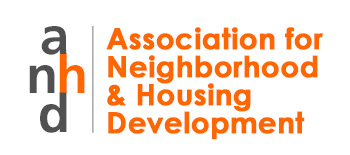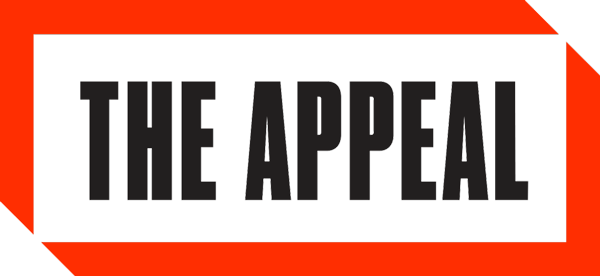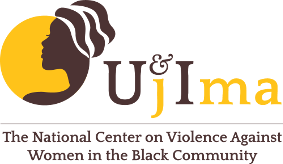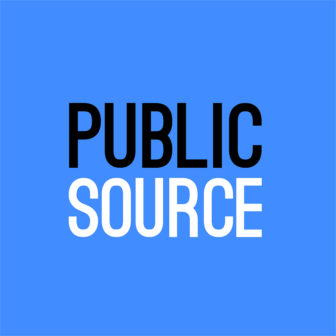
The COVID-19 coronavirus is believed to be especially dangerous to the elderly and people with chronic health conditions, and that has public housing providers worried. Resident leaders are concerned, too, about the effect of the shutdown and resulting anxiety on their communities.
“Northview’s been in extreme poverty for a long time,” Marcus Reed, president of the tenant council in Northview Heights, said Monday. The complex is the city’s largest public housing community, and he noted that a big part of the population consists of refugees. “[T]he virus does place stress on the community because we’re already short on the things we need. This makes it even shorter.”
Public housing communities include concentrations of some of the poorest households in the region, and many residents are also elderly, have disabilities or both.
Read more
